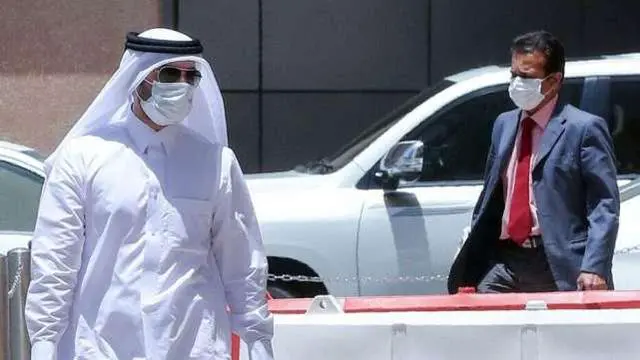The mass demonstrations in the Ukrainian capital of Kiev are showing no signs of easing, as the opposition has refused to clear the streets while pro-government supporters continue to gather.
The spark that ignited the tension, namely the Ukrainian government's decision to suspend preparations for an association treaty with the European Union (EU), may lead to chaos, some Russian experts warned.
DIVISION BETWEEN EAST AND WEST
Ukraine's political problems have laid bare a division between the country's west and east.
Western Ukraine historically gravitates to Poland, while the residents in the east are indistinguishable from those in neighboring Russia, Vladimir Zharikhin, deputy director of the Moscow-based Commonwealth of Independent States Institute, told Xinhua in a recent interview.
The Ukrainians cry for national identity, said Andrei Suzdaltsev, vice dean of Moscow's Higher School of Economics. "Their culture and identity have been imposed by either the Austro-Hungarian Empire or by the Russian Empire."
The current turmoil erupted because, after 20 years of independence, Ukraine has failed to produce its own economic and political model, Suzdaltsev stressed.
"For that, they have to solve many problems -- language problems, national identity problems -- and find reliable allies," he said.
Zharikhin said that the division in Ukraine also mirrors the rivalry between Russia and some EU countries on a larger scale.
"Contradictory interests of world powers have now crossed into Ukraine," he stressed, saying that "the recent events are just a particular example of a wider standoff between Moscow and some EU countries that are determined to tear Ukraine off Russia."
The worst-case scenario would see Ukraine ripped into two halves if a certain line was crossed, he warned.
In fact, since the numbers of opposition and pro-government supporters in Ukraine are approximately equal, the very existence of the Ukrainian society as a whole might be under threat, the experts said.
LINE NOT TO BE TRESPASSED
The Ukrainian government has been balancing between the two sides, out of concerns that the point of no return would be passed.
Ukraine's prosecutor-general has opened a criminal case against the capital's police chief, who ordered to violently disperse the pro-EU crowds in Kiev on Saturday.
Meanwhile, Ukrainian media reported Wednesday that the government has ordered deploying more anti-riot forces from other cities to Kiev.
On Monday, Ukrainian President Viktor Yanukovych called European Commission President Jose Manuel Barroso to seek resumption of negotiations on the association agreement with the EU.
He also said in an interview with Ukraine's main television channels that he remained committed to European integration and wanted to negotiate for better terms for the fragile Ukrainian economy.
But the question is whether the pro-EU protesters would trust him and his electorate in the east would agree with such stances, experts said.
According to Suzdaltsev, the main task for Ukraine's political elite is to preserve the country's independence and make the state survive.
"Ukraine remains a country in transit. They have to start everything from the very beginning each time," he said.
 简体中文
简体中文

